Podcast produced by Dragon Spears
As the CEO of 1871, an entrepreneurial hub of innovation, Betsy Ziegler is an expert in early-stage growth and helps businesses grow from an idea to the Fortune 500. For Betsy, one of the most important metrics for success is whether a business adheres to purpose-driven decision-making.
This week on Innovation and the Digital Enterprise, Betsy joins Patrick and Shelli to discuss how 1871 is supporting businesses throughout Chicago and what metrics she believes will help catapult organizations to higher levels of growth. Listen in for her insights.
- (01:10) – The home for start-ups
- (04:33) – Does it work?
- (06:46) – Launch outside of gravity
- (10:09) – Forty by forty
- (14:23) – Purpose, ideas, and the maturity curve
- (23:09) – Talking about change
- (27:15) – Onboarding and mentorship
- (38:48) – First dollar
Elizabeth “Betsy” Ziegler is the first female CEO of 1871, the number one private incubator in the world.
Previous to 1871, Betsy was the Chief Innovation Officer at the Kellogg School of Management, Northwestern University, responsible for portfolio innovation as well as integrating technology into the Kellogg educational experience. From 2011 through September 2015, she served as associate dean of degree programs and dean of students.
Prior to Kellogg, she served as a principal in McKinsey & Company’s Chicago office, where she led the firm’s Life Insurance Operations and Technology practice and co-led its Financial Institutions Operations and Technology practice.
Ziegler holds an M.B.A. from Harvard Business School and received a B.A. in economics from The Ohio State University, where she graduated with distinction. She is a member of Ann & Robert H. Lurie Children’s Hospital of Chicago, the Museum of Science and Industry Boards of Directors, and an advisor and investor in many young technology companies.
If you’d like to receive new episodes as they’re published, please subscribe to Innovation and the Digital Enterprise in Apple Podcasts, Google Podcasts, Spotify, or wherever you get your podcasts. If you enjoyed this episode, please consider leaving a review in Apple Podcasts. It really helps others find the show.
Originally published here.


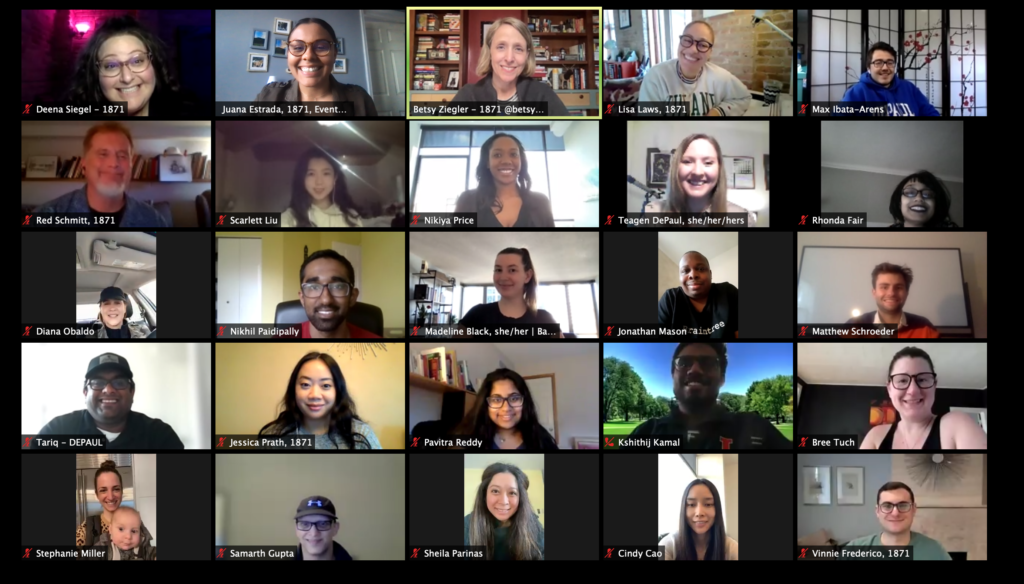
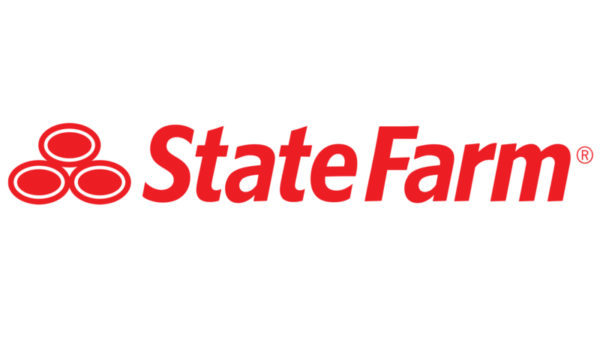
-jpg.jpeg)


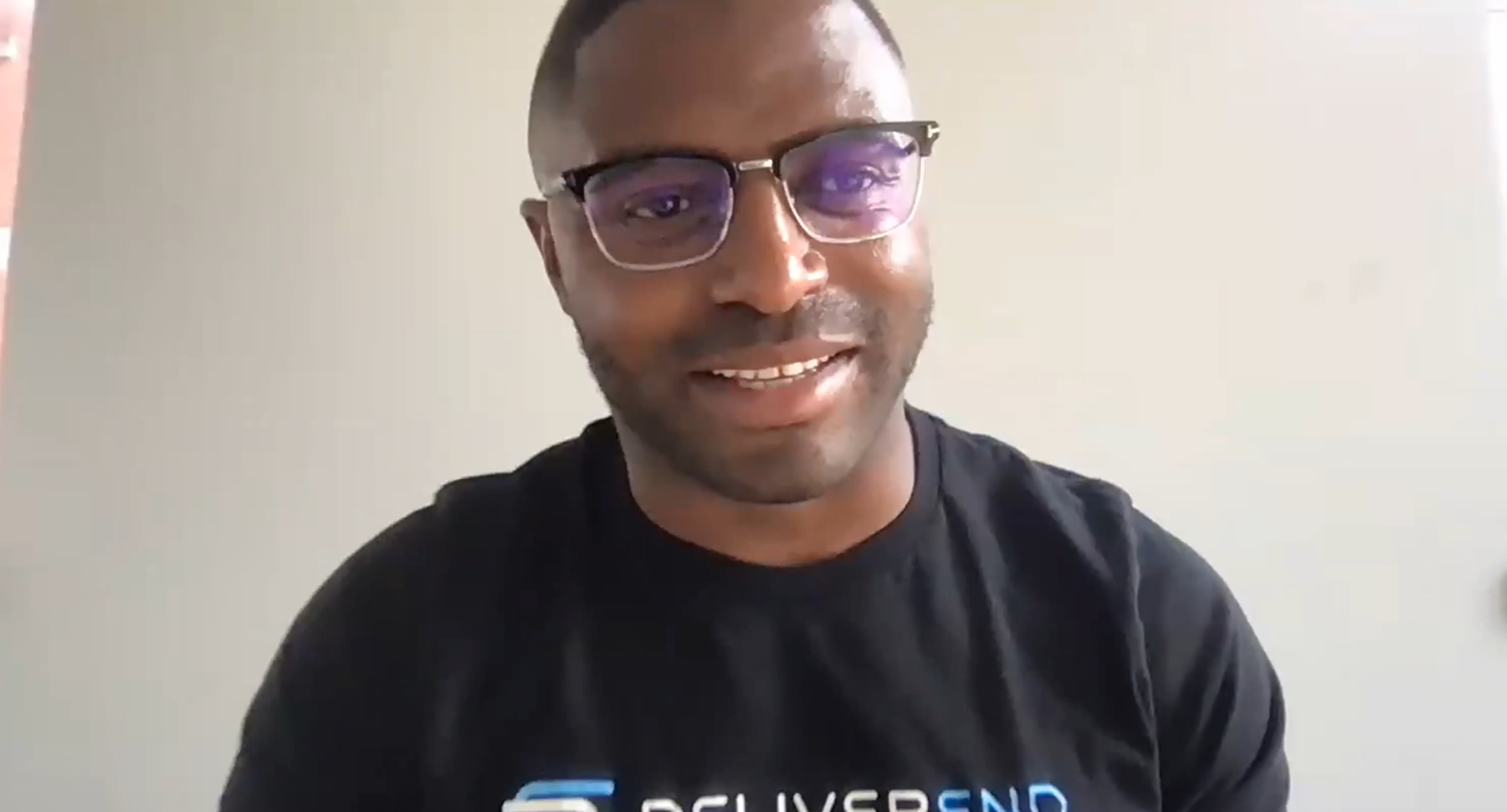
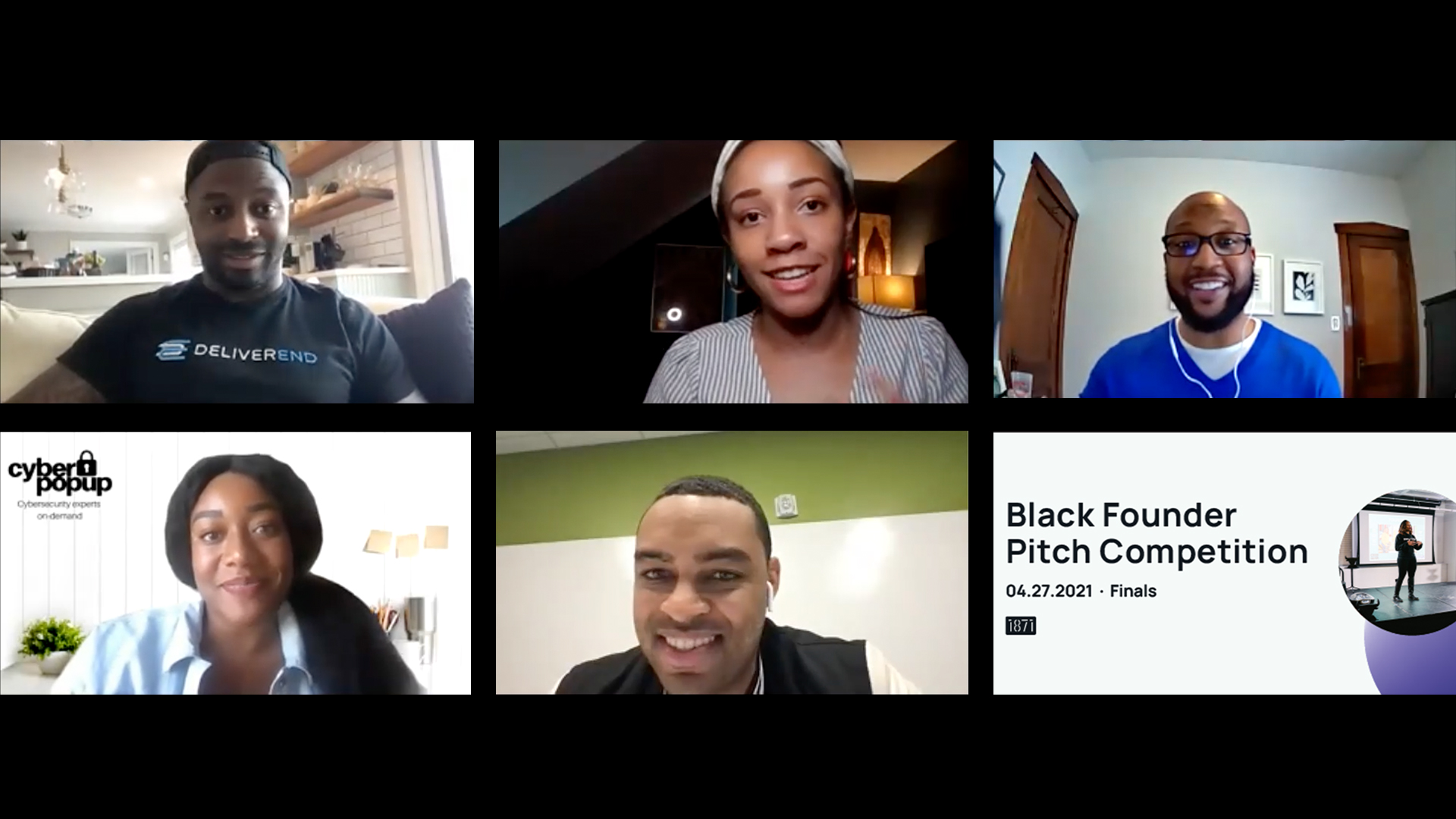
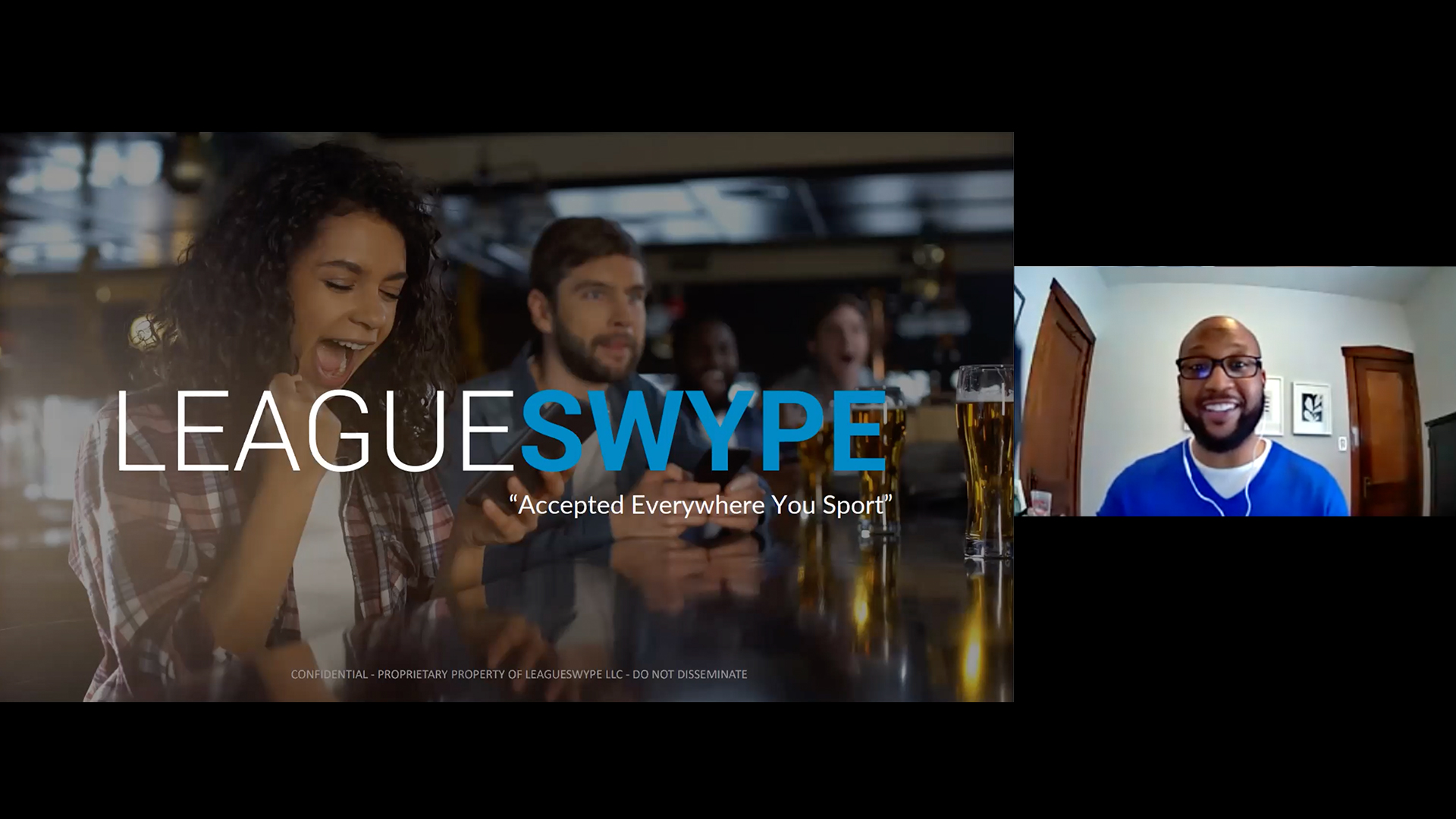
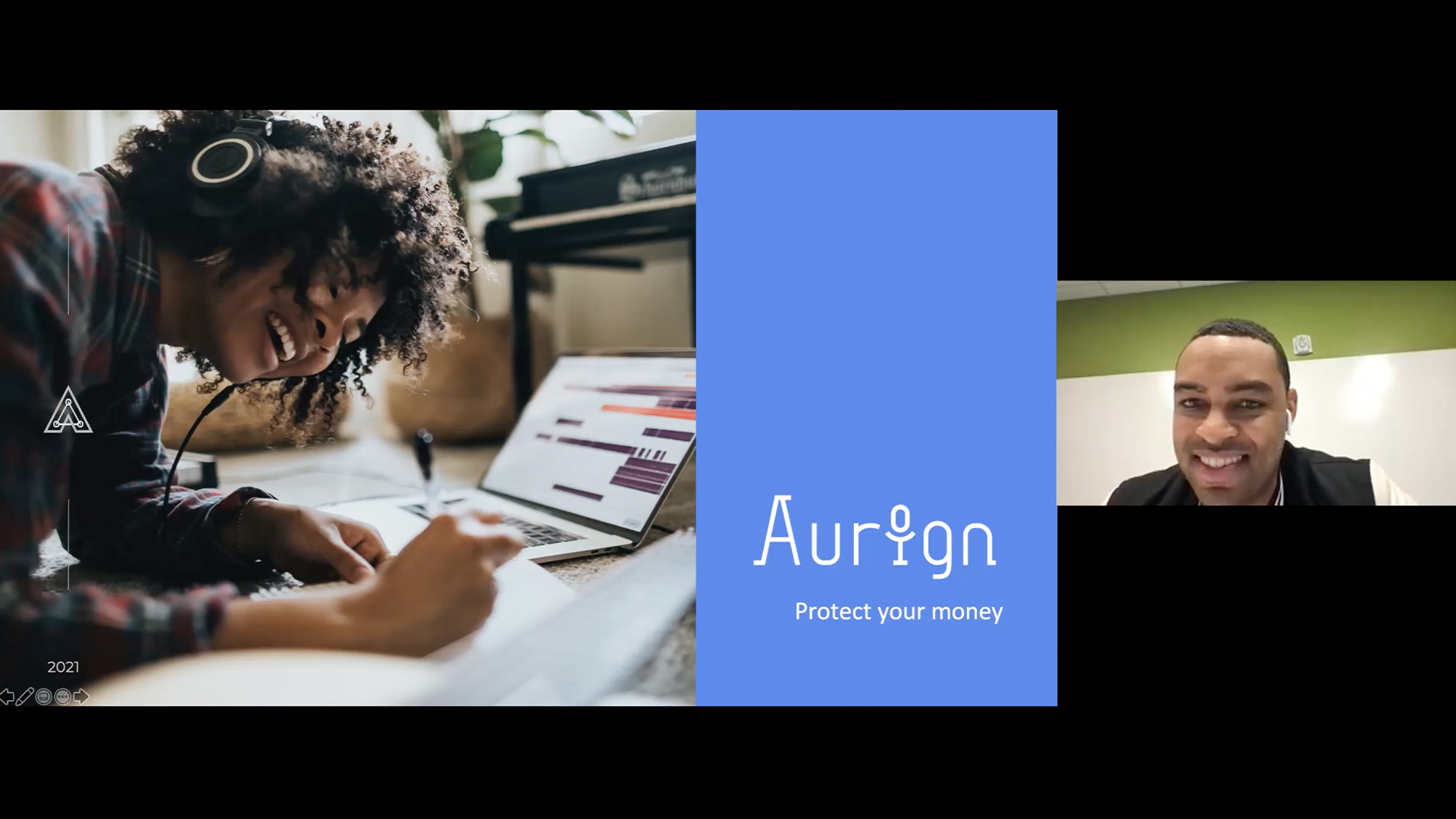
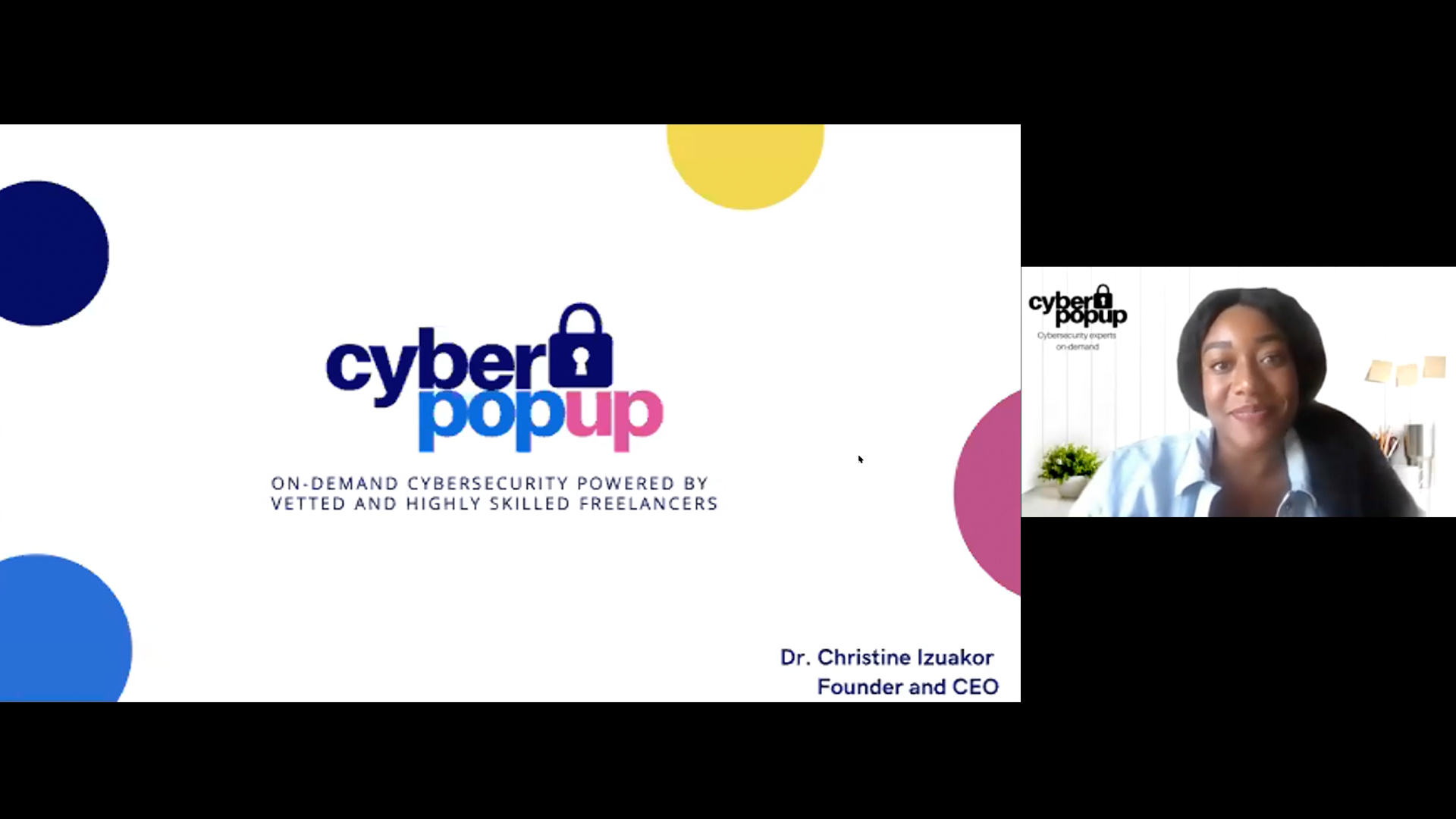

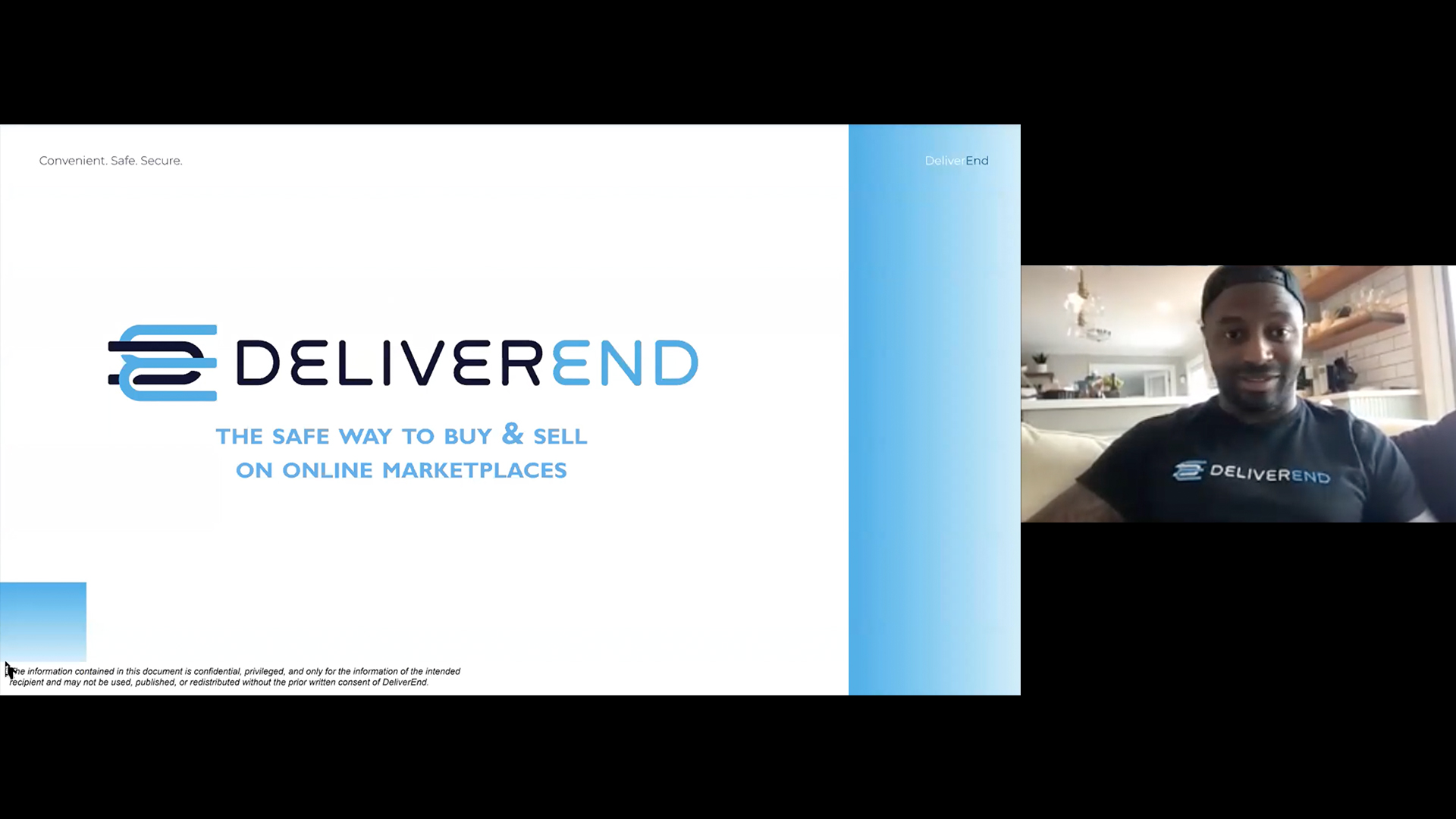



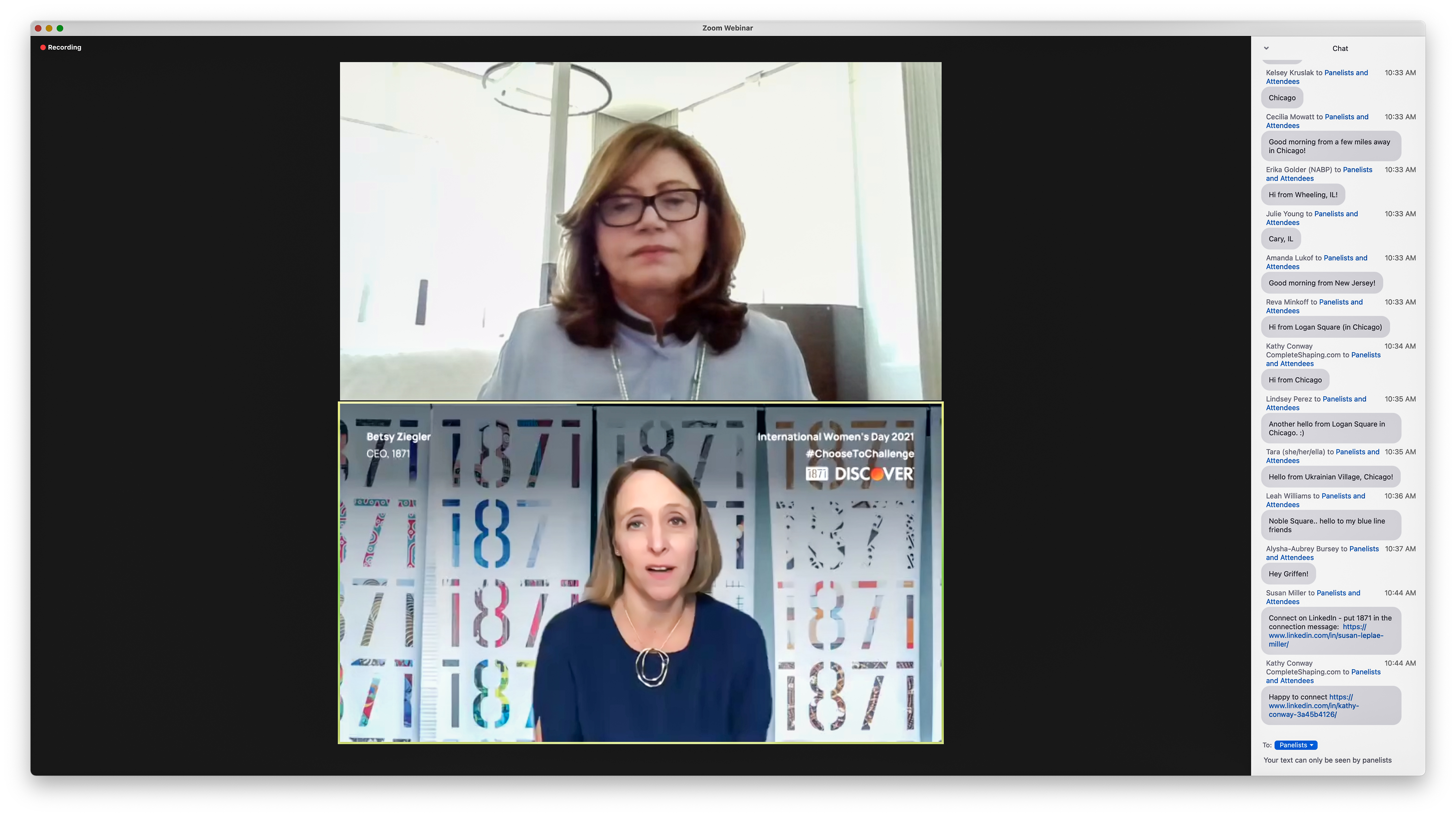 From here, we jumped into the workshop sessions! This year’s program included both a professional development and entrepreneurship track, giving attendees an option to tailor their IWD experience.
From here, we jumped into the workshop sessions! This year’s program included both a professional development and entrepreneurship track, giving attendees an option to tailor their IWD experience. 